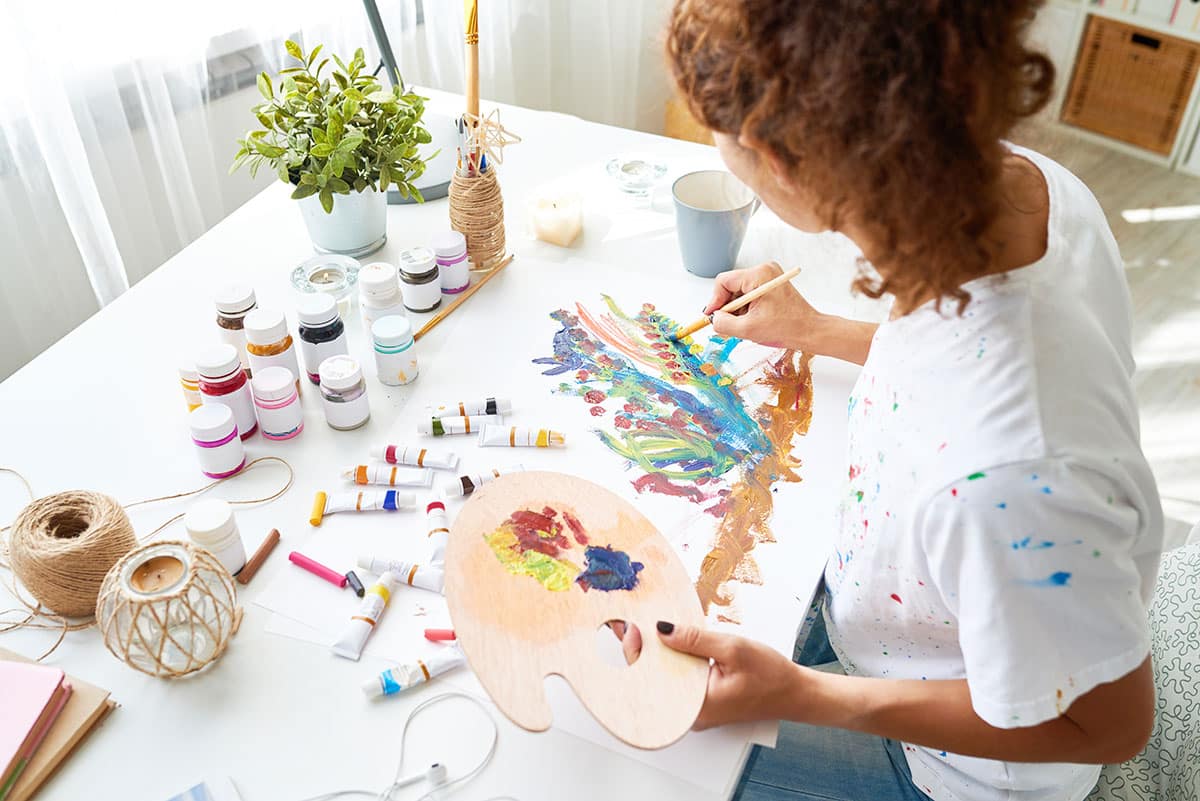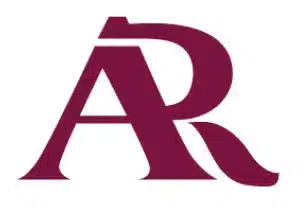Art Therapy

Art Therapy
SAMHSA’s Substance Abuse Treatment: Group Therapy guide describes art therapy as a type of expressive group therapy that can help people express their thoughts and feelings that they may not be able to say with words.
What is Art Therapy?
Art therapy is especially helpful for people who have underlying psychological issues related to their addiction, such as a history of abuse. Since creating art is often a nonverbal process, and expands the ways a person can convey ideas and emotions, art therapy provides an opportunity to explore, understand, and resolve issues in a person’s life that he may not feel comfortable talking about in a regular conversation.
Art therapy is useful to people undergoing addiction treatment because it provides them with ways to understand and cope with their addiction. Both art therapy and traditional therapy focus on helping a person practice introspection and healthy coping skills, but art therapy can be a great way for a person to explore aspects of his life that he might not be able to explain in a conversational way. When done in a group setting, art therapy can also help people going through addiction treatment grow closer and better understand each other’s experiences and feelings.
Art therapy can be a great way for a person to work through the experiences, emotions, and issues that have led to and worsened his addiction. It offers him a safe place to communicate ideas and feelings without using standard conversational methods, and it can therefore be a refreshing change for someone who is looking for something different than standard talk-focused therapy.
More Holistic Treatments
How is Art Therapy Useful?
Art therapy has been used in substance abuse treatment since the 1950s, and it has since been used to provide emotional release, self-expression, stress management, and adjustment to recovery. The Journal of Addictions Nursing states that art therapy can contribute to the recovery process in the following ways:
We work hard to help implement changes necessary to living free of alcohol. We tailor our alcohol rehab program to your needs and that begins with understand alcoholism and understanding you. Recovering from alcoholism is not easy, but at Arrow Passage Recovery we provide the tools for alcohol rehab to be successful for you.
- Decreasing the client’s denial of addiction
- Increasing the client’s motivation to change
- Providing a safe outlet for painful emotions
- Lessening the shame of addiction
Art therapy can be a powerful complement to a 12-Step program. Per Art Therapy: Journal of the American Art Therapy Association, clients can use artistic activities to uncover the feelings of guilt, unmanageability, or shame that led them to rehab. For instance, a process known as incident drawings allows clients to illustrate the experiences of feeling self-destructive or out of control, which can lead them to seek healing through a higher power. Therapists often use fluid media, like paint, to help clients experience the sensation of being out of control, which in turn helps them admit their need for sobriety.
Art therapy highlights the role of creative activity as a form of nonverbal communication. Language is not always the most effective way to convey the emotions that are uncovered in the recovery process. Art therapy can act as a powerful complement to traditional talk therapy by giving clients an alternative way to describe and communicate their feelings. Once these feelings have been released, art provides a visible, tangible object that can be discussed with the therapist and with peers in a group setting.















